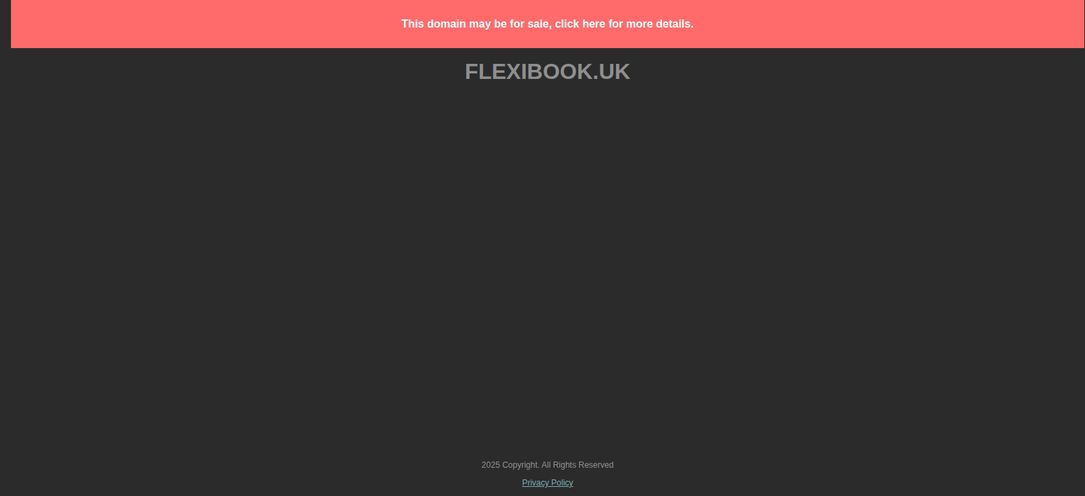There’s a specific kind of dread that sets in when a service you rely on goes down. Remember that big GitHub outage a while back? Or that faint unease you feel when a tech giant acquires the platform that holds your entire project history? It's a feeling I know well. You build your whole workflow, your digital lifeblood, on a service, and then one day, you’re sharply reminded that you’re just a tenant on someone else's property.
It's this exact feeling that keeps me on the hunt for tools that put the power back in the hands of the user. And that's how I circled back to an old friend I hadn't checked in on in a while: Gitea. The name itself, “Git with a cup of tea,” just sounds... calming. And honestly, after spending some quality time with it again, that's a pretty good description.
What Exactly Is Gitea? (And Why Should You Care?)
In the simplest terms, Gitea is a piece of software that lets you run your own private Git server. Think of it as your own personal, lightweight version of GitHub or GitLab, but one that you install on your own hardware. It’s written in Go (or Golang), which is a huge part of its secret sauce—it’s what makes it so ridiculously fast and efficient. For the tech-curious among us, Go compiles everything down into a single binary file. This means setup is a breeze compared to some other web apps that feel like they have a million different dependencies.
The homepage says it all: Easy to install, Cross-platform, Lightweight, and Open Source. This isn’t just marketing fluff; it’s the core philosophy. You can run it on Windows, macOS, Linux, even on an ARM-based machine like a tiny little Raspberry Pi. The implications of that are pretty massive when you stop to think about it.

Visit Gitea
The Allure of Self-Hosting: Taking Back Control
Let’s be real for a second. The main reason you’d even consider something like Gitea is for one thing: control. Absolute, unshakeable control. When you self-host your Git repositories, your code lives on your server. Period.
Suddenly, you don't have to worry about a platform changing its terms of service overnight. You don't have to stress about per-user pricing models getting tweaked right when your team starts to grow. And for anyone working on commercially sensitive or top-secret projects? It's a game-changer. Your intellectual property never has to leave your own iron-clad infrastructure.
I’ve always thought of it like this: using a major hosted service is like renting a swanky apartment in a massive complex. It's nice, it has a pool, but you can't knock down a wall. Self-hosting with Gitea is like owning your own house with a white picket fence. It might be a bit more work to maintain, but it's yours. You can paint the walls whatever crazy color you want without asking for permission.
Getting Started with Gitea: Is It Really "Painless"?
The Gitea site boldly claims it's a “painless” setup, and... I’d say that’s mostly true. Mostly. If you're comfortable with a command line and have ever spun up a basic web server, you'll be fine. For me, the easiest route by far is using Docker. A simple docker-compose.yml file, one command in the terminal, and poof, you have a running Gitea instance in minutes. It feels like magic.
You can also just download the binary for your operating system and run it. It’s surprisingly straightforward. The first time you access it in your browser, a web-based setup guide walks you through connecting a database (you can even use SQLite for a super simple setup, which is awesome) and configuring the basics.
But lets be honest. “Painless” is a relative term. It’s not as simple as creating a GitHub account with your email. You need a server. You need to think about backups. You need to handle updates. It's a trade-off, and one you need to be aware of before jumping in. Still, the fact that I can get a full-featured private Git server running on a Raspberry Pi that's sipping power in the corner of my office? That’s just plain cool.
Gitea vs. The Giants: A David and Goliath Story?
So, should you ditch GitHub for Gitea? Honestly, probably not for everything. Its about using the right tool for the right job. I see it like this:
- GitHub & GitLab: These are the sprawling, bustling metropolises of the coding world. They are packed to the gills with features like advanced CI/CD pipelines, integrated package registries, complex project management tools, and massive social communities. For large-scale open source collaboration or for enterprise teams that want a single, all-in-one DevOps platform, they are often the right choice.
- Gitea: This is your private cabin in the woods. It's quiet, it's yours, and it has everything you need to get the job done without all the noise and distraction. It focuses on the core of Git hosting—repositories, pull requests, issues, a wiki—and it does it exceptionally well. It's perfect for your personal projects, your small startup's proprietary code, or any situation where privacy and simplicity trump a billion bells and whistles.
Here’s a quick mental cheat-sheet I use:
| Feature | Gitea | GitHub/GitLab (Hosted) |
|---|---|---|
| Hosting | Self-Hosted on Your Server | Platform-Hosted |
| Control | Total and Absolute | Limited by Terms of Service |
| Cost | Free Software + Hosting Fees | Free Tiers + Paid Per-User Plans |
| Best For | Private projects, small teams, hobbyists | Open source, large teams, enterprise |
It’s not a competition, really. It’s a choice of project lifestyles.
The Good, The Bad, and The Sysadmin Hat
I've been running a personal Gitea instance for a while now to manage my private scripts and various side projects, and I genuinely love it. The web interface is clean, wicked fast, and feels immediately familiar to anyone who’s spent time on GitHub. Pushing and pulling code is… well, it’s just Git. It works flawlessly. It does what it says on the tin and gets out of your way.
However—and this is a big however—you are now wearing the sysadmin hat. The responsibility is all yours. When Gitea releases a new version with a critical security patch, you have to be the one to perform the update. When you need to be sure your data is backed up in case your server goes up in smoke, you have to set up that process. It's not a fire-and-forget solution. Some people, myself included, find this empowering. Others will see it as a massive headache. You have to be honest with yourself about which camp you fall into.
So, How Much Does This "Free" Service Cost?
Gitea is open source, which means the software itself is free as in beer. But self-hosting is never truly “free.” You have to factor in the cost of the server it runs on.
The brilliant news? Because Gitea is so lightweight, that server can be dirt cheap. You could easily run it on a $5/month VPS from a provider like DigitalOcean or Linode. You could probably even find a home for it on the Oracle Cloud Free Tier if you’re feeling adventurous. And as I keep mentioning, a Raspberry Pi is a totally viable option for a handful of users.
When you compare that small monthly outlay to the potential cost of private repositories for a team of 5-10 people on one of the big platforms, Gitea can lead to some serious cost savings. Your main investment isn't money; it's a little bit of your time.
Frequently Asked Questions about Gitea
Is Gitea good for beginners?
For a beginner developer, using Gitea's interface will be very easy and familiar. For a beginner to server administration, the setup might be a small hurdle, but it's an excellent learning project! Starting with the Docker setup is probably the easiest path.
How does Gitea compare to Gogs?
Gitea was originally a fork of Gogs, another lightweight Git service. Gitea was created to build a more community-driven development model. Today, Gitea generally has more features, a larger community of contributors, and a faster release cycle than Gogs.
Can I migrate my repositories from GitHub to Gitea?
Yes! Gitea has a built-in migration tool that can pull repositories directly from other Git services like GitHub, GitLab, and others. It can even import issues, pull requests, and wikis, making the switch surprisingly easy.
Does Gitea have CI/CD?
Yes, it does. While it doesn't have a deeply integrated, all-in-one system like GitLab CI, Gitea now includes Gitea Actions, which is a CI/CD system compatible with GitHub Actions. You can also easily integrate it with external CI/CD tools like Jenkins, Drone, or Woodpecker CI using webhooks.
My Final Take
So, is Gitea for you? If you're a developer who wants a private space for projects, a small business that needs to keep its source code in-house, or a tinkerer who just loves the idea of self-hosting, then my answer is an enthusiastic yes. Gitea is a truly remarkable piece of software. It’s a powerful testament to open source and a great reminder that you don't always need the biggest, most complicated tool to solve a problem.
It provides a much-needed sanctuary for your code, giving you back the control and privacy that's becoming an increasingly rare commodity in our cloud-first world. For me, it has more than earned its permanent place in my personal tech stack.



